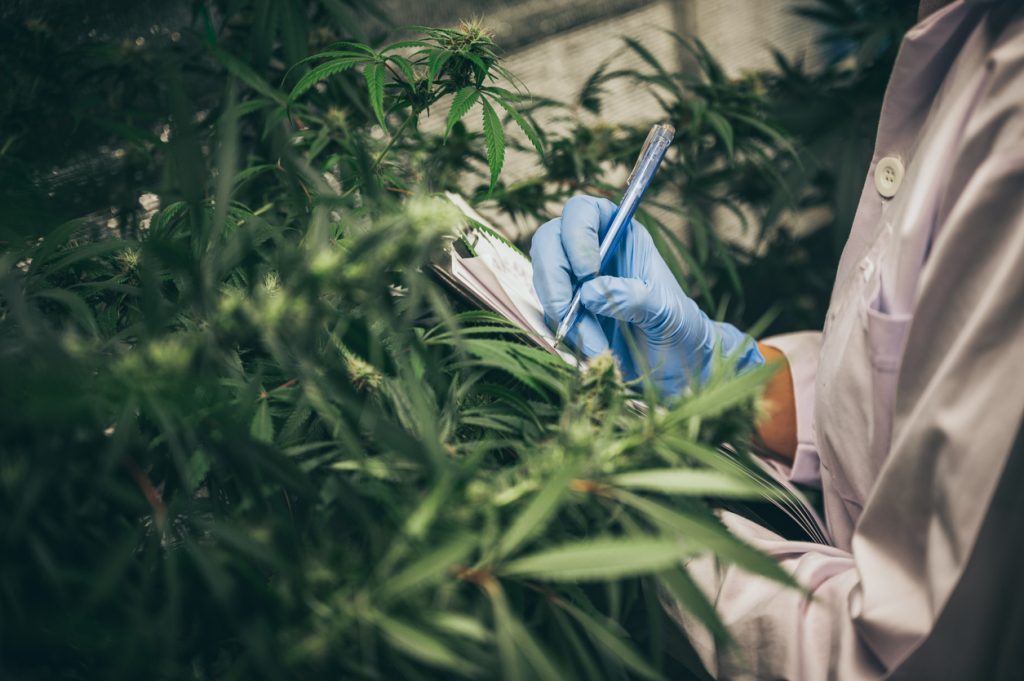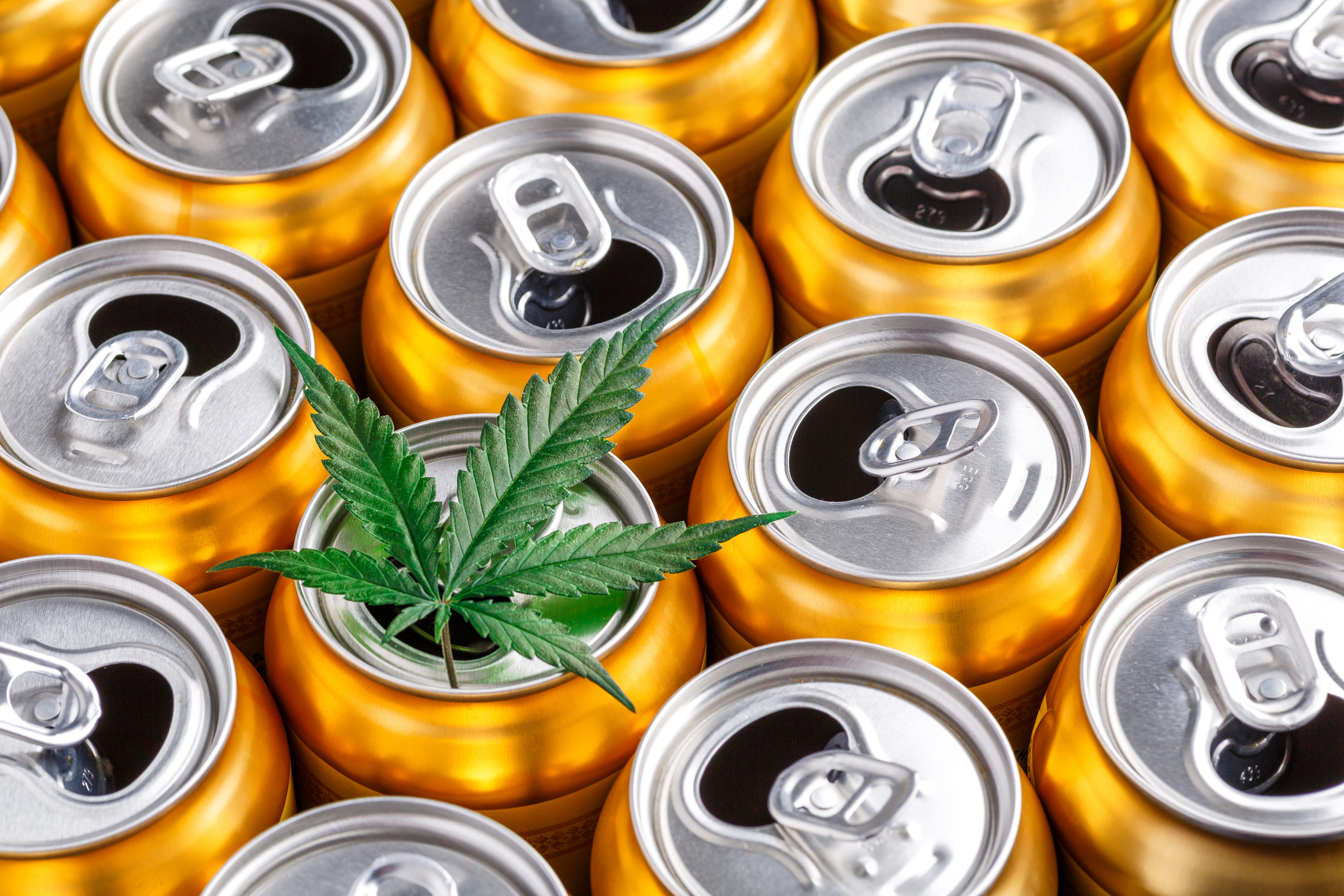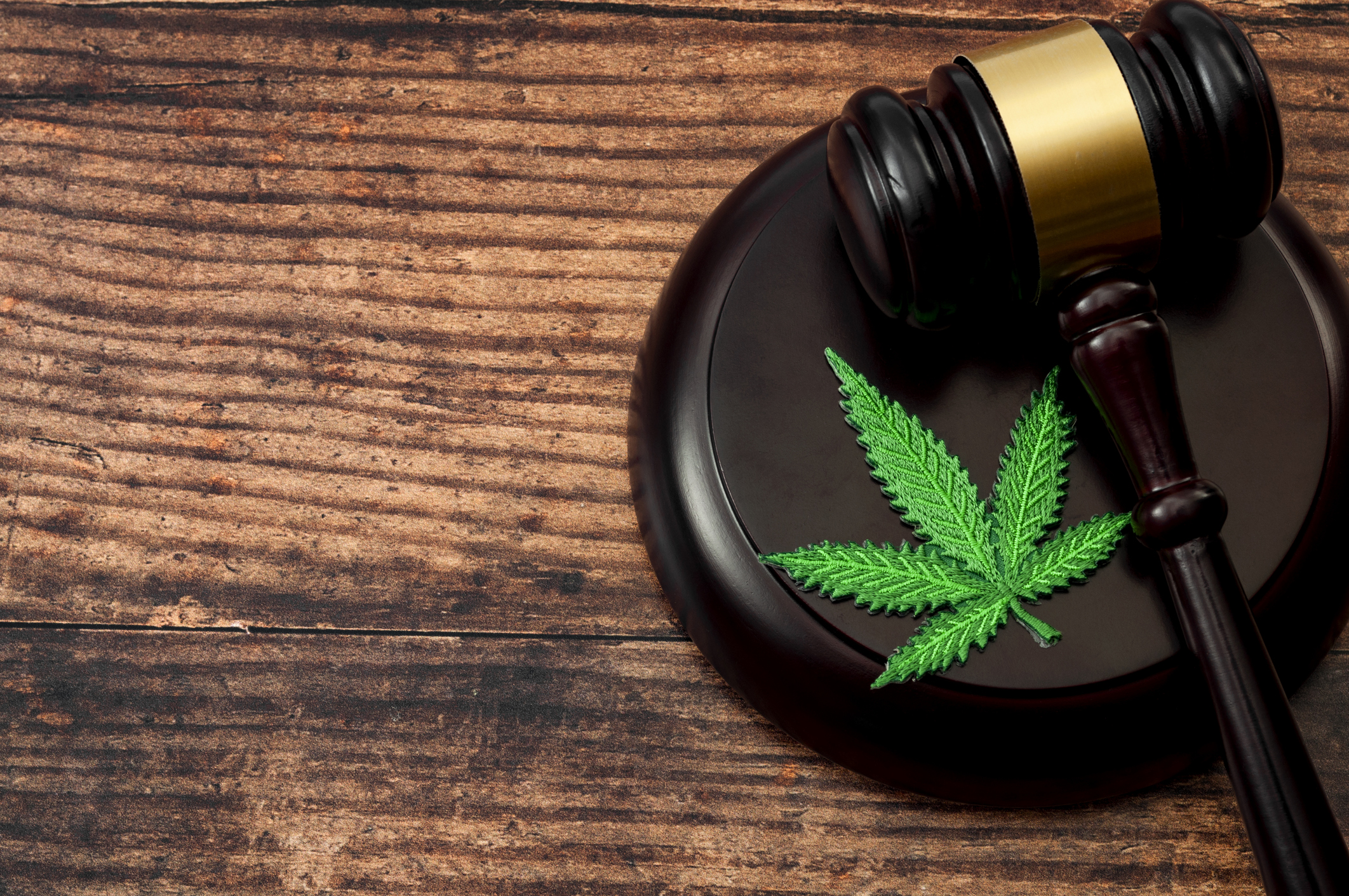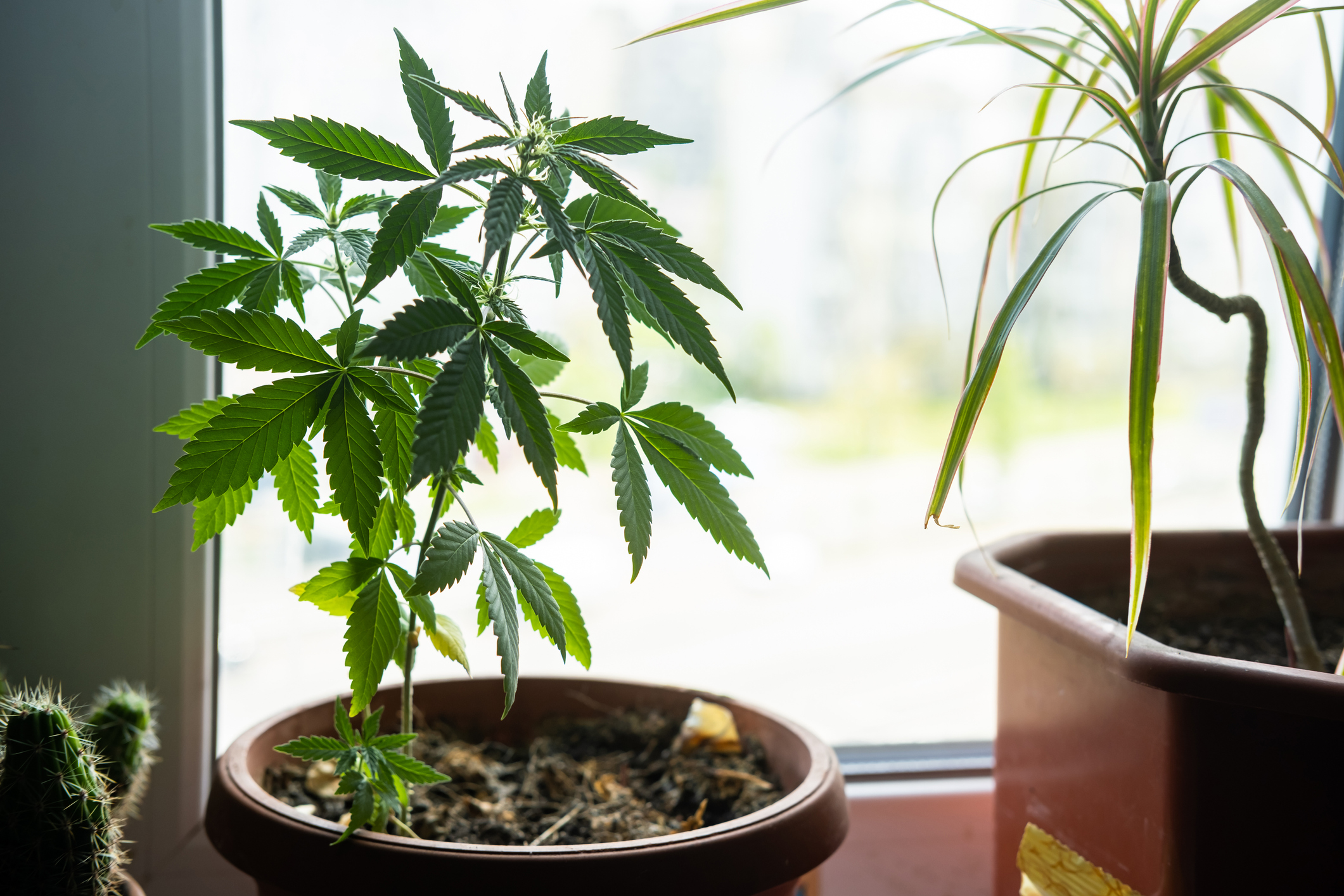
According to the Congressional Research Service, hemp is grown for use in the production of a wide range of products, including foods and beverages, cosmetics and personal care products, nutritional supplements, fabrics and textiles, yarns and fibers, paper, construction and insulation materials, and other industrial and manufactured goods. In recent years, lawmakers in various states have looked to establish state-licensed hemp programs and promote hemp as an agricultural product. There has been a significant increase in state-level activity since Congress passed the 2018 Farm Bill, which removed hemp from the Controlled Substances Act and categorized it as an agricultural product. The Farm Bill also permitted states to submit plans and apply for regulatory authority over hemp production in their state.
2018 Farm Bill
Under the Agriculture Improvement Act of 2018 (H.R. 2) (Pub. L. 115-334), commonly known as the 2018 Farm Bill reauthorized agriculture and nutrition programs for five years through the fiscal year 2023.
Notably, the measure legalized hemp by removing it from the list of controlled substances. Hemp had previously been classified as a schedule I drug—those deemed to have a high abuse potential and no medical use—along with marijuana and tetrahydrocannabinol (THC), making it illegal at the federal level. The 2018 Farm Bill excluded hemp, which comes from the same plant species as marijuana but has low THC, from those definitions. The 2018 Farm Bill also made hemp eligible for crop insurance.
In 2018, about 40 states already allowed hemp production for various purposes after the 2014 Farm Bill authorized a pilot program permitting its cultivation.
The 2018 Farm Bill allowed states and American Indian tribes primary regulatory authority over hemp production. The United States Department of Agriculture (USDA) must approve state plans to regulate it in advance.
The 2018 Farm Bill barred any individual convicted of a drug-related felony from producing hemp for ten years after their conviction. The restriction does not apply to anyone lawfully growing hemp under the 2014 pilot program before the bill’s enactment.
Alaska
Alaska lawmakers passed SB 27 last year to make changes related to industrial hemp. Alaska lawmakers previously passed legislation establishing an Industrial Hemp Pilot Program in the state, but that was prior to Congress passing the 2018 Farm Bill that changed the federal requirements for states to grow industrial hemp. State lawmakers introduced SB 27 to adjust state statutes so that Alaska remains compliant with federal law.
Among changes included in SB 27 is a provision permitting the Department of Natural Resources to develop an Industrial Hemp Program and submit their program plan to the USDA for their approval. Once approved, the state’s Industrial Hemp Pilot Program would be removed. The bill further allowed DNR to issue permits for industrial hemp manufacturing and added a provision that anyone convicted of a felony involving a controlled substance in the last ten years is not allowed to be registered for the Industrial Hemp Program.
Kansas
Governor Laura Kelly signed House Bill 2244 into law in May of 2021, making several changes to commercial industrial hemp in the state. The bill first transfers registration and regulation of industrial hemp processors from the Department of Agriculture (KDA) to the State Fire Marshal. The bill further requires the KDA to develop a plan for the effective disposal of industrial hemp in coordinating with either state or local law enforcement.
The legislation also allows the Fire Marshal to issue a stop-sale, use, or removal order whenever they believe hemp products are being produced, sold, or distributed in violation of the law or regulations. An “extract from industrial hemp intended for further processing” is also added to the definition of “hemp products.” Final hemp products are permitted, under the bill, to contain a THC concentration of no greater than 0.3%.
Nebraska
LB 889 was introduced in January to change the Nebraska Hemp Farming Act in alignment with the U.S. Department of Agriculture’s Final Rule implementing hemp provisions of the Agricultural Marketing Act from the 2018 Farm Bill, published in January 2021. Specifically, the bill makes the following changes:
- Increases the negligence violation threshold from 0.5% THC concentration to 1.0%;
- Allows the use of performance-based sampling to be set out in the State Plan;
- Increases the harvest window from 15 to 30 days; and
- Allows remediation options for hemp testing.
Pennsylvania
At least two bills have been introduced in the current Pennsylvania legislative session related to industrial hemp. SB 352 would update the definition of marijuana in state statute and remove industrial hemp from Pennsylvania’s schedule of controlled substances.
Another bill in the process of being introduced relates to hemp in food. The bill would recognize industrial hemp as an allowable cosmetic ingredient, food, food additive, and herb as long as it is below 0.3THC.
Washington
Governor Jay Inslee signed SB 5372 last year. The bill defines a “hemp processor” as someone who takes possession of raw hemp material with the intent to modify, package, or sell a transitional or finished hemp product. SB 5372 states that a hemp processor that processes hemp for commercial use or sale may register with the Washington State Department of Agriculture (WSDA) for compliance with interstate or international hemp processing requirements.
The bill further allows for a hemp processor to obtain a hemp extract certification to allow its use as a food ingredient in another state that allows hemp extract as a food ingredient. Hemp is currently not an approved food ingredient in Washington state.
Other Cannabis Related Articles
- States That Could Legalize Marijuana in 2022: A Look at Recreational Marijuana Legislation
- Federal Cannabis Legislation: Congressional Efforts to Legalize Marijuana in 2022
Latest News
Photo credit: iStock.com/IURII BUKHTA THC-infused beverages are gaining traction across the country as an alternative to traditional cannabis products. While the 2018 Farm Bill legalized hemp-derived Delta-9 THC products containing less than 0.3% THC, regulations [...]
Photo credit: iStock.com/Moussa81 Pennsylvania's journey with cannabis legalization has been a slow but evolving process. In 2016, the Commonwealth took its first significant step by legalizing medical cannabis through the Medical Marijuana Act. This program [...]
Photo credit: iStock.com/MiMaLeFi Twenty-four states, two territories, and the District of Columbia have legalized cannabis for adult recreational use. In contrast, the United States government has regulated cannabis under the Controlled Substances Act (CSA) as [...]
Marijuana in a pot on the windowsill. Home cultivation of medical cannabis. Cannabis laws have evolved rapidly across the United States. Cannabis has been shown to have benefits for a range of medical conditions, including [...]






Stay In Touch